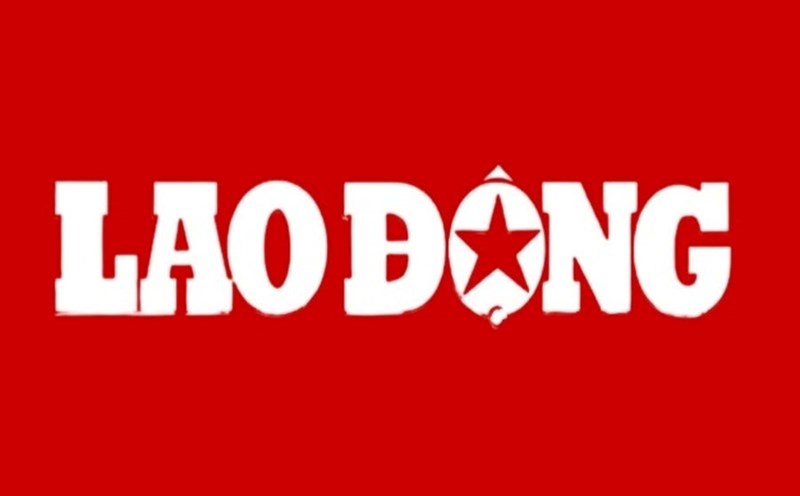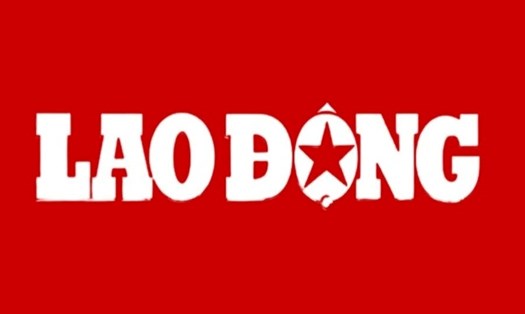Foreign Policy magazine said that Russian oil, gas and coal exports continue to grow in the largest markets in Asia, especially China and India.
Even Europe - which has largely abandoned Russian gas since the Ukraine conflict - is quietly buying more gas from the sanctioned country.
Russia's energy export revenue before the Ukraine war was about 1.1 billion USD per day and all the sanctions have reduced that figure to about 720 million USD in June this year - but this level has remained significantly stable over the past 18 months.
Russia has just recorded a rare temporary account surplus last month, a sign of export growth. The Western sanctions war on Russia seems to have reached a dead end, according to Foreign Policy.
"A glass that is not half-full cannot be half-swallowed. The sanctions are effective but not as good as expected, said Petras Katinas, an energy analyst at the Clean Energy and Air Research Center (CREA).
Some aspects of Russia's energy exports have fallen into a dead end, such as pipeline gas exports that have almost disappeared from the bustling European market.
But Russia's oil and refined oil exports - the country's top source of revenue - have remained largely unchanged after initial shocks in the first months after Western sanctions were imposed. Russia's revenue has even increased thanks to rising oil prices globally.
In order to limit Russian energy revenue, the West has imposed a price cap on Russian oil at $60/barrel. Initially, the price ceiling worked well, until Russia - with the help of its OPEC friends - pushed global oil prices higher, dragging Russian oil prices above the ceiling. More importantly, Russia has found a reliable way to overcome sanctions on its crude oil exports by using a "night shipship" to avoid having to follow Western restrictions on insurance, safety and similar requirements.
Katinas said that about four of the five boxes of Russian seaborne crude oil currently sold are being transported on night-time tankers, meaning they are completely beyond the reach of sanctions. Mr. Katinas said: "The strategy is good, but the strategy is poor, making it difficult to implement sanctions".
The US has repeatedly suppressed part of that trade late last year for night-time tankers and early this year for Russian state-owned tankers by sanctioning individual tankers.
CREA estimates that closer implementation could cost Russia about 5% of oil exports since October 2023. But there is still a long way to go to ensure the full implementation of existing restrictions on Russia's oil trading activities. CREA estimates that full implementation will cost Russia nearly $22 billion.
The Biden administration has made efforts to tighten barriers to the night-time fleet, but they are also concerned that tighter measures could increase gasoline prices at the time of the 2024 US presidential election in November.











